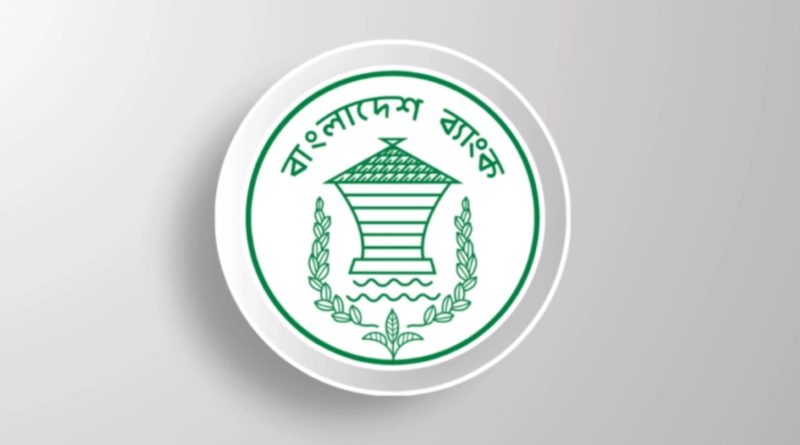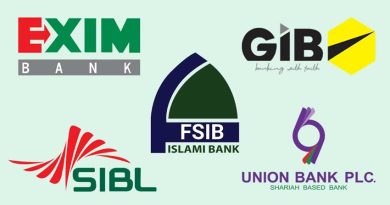Bangladesh Bank has issued a Letter of Intent (LoI) for the establishment of Sammilito Islami Bank, a proposed state-owned Shariah-based institution that will emerge from the merger of five financially distressed banks.
A senior central bank official confirmed that the LoI was approved during an emergency virtual board meeting on Sunday. Letters have also been sent to the Registrar of Joint Stock Companies and Firms (RJSC) and the Bangladesh Securities and Exchange Commission (BSEC) seeking name clearance and regulatory consent.
“We expect to receive name clearance from RJSC shortly, while BSEC approval is also likely soon,” said the official.
The new bank will be overseen by a seven-member board, headed by Nazma Mobarek, Secretary of the Financial Institutions Division (FID). Other members include senior officials from the Finance Division, Chief Adviser’s Office, Religious Affairs Ministry, Economic Relations Division, and FID.
According to the central bank’s merger roadmap, Sammilito Islami Bank will have a paid-up capital of Tk 350 billion, with Tk 200 billion coming from the government as equity. The remaining Tk 150 billion will be sourced from the deposit insurance trust fund and institutional deposits.
The merger involves EXIM Bank, Social Islami Bank, Global Islami Bank, First Security Islami Bank, and Union Bank, all struggling with severe liquidity and asset quality issues.
Combined, the five banks hold Tk 1.47 trillion in non-performing loans (NPLs) — accounting for 77% of their total lending. Among them, Union Bank tops the list with a staggering 98% NPL ratio, followed by First Security Islami Bank (96%), Global Islami Bank (95%), Social Islami Bank (62%), and EXIM Bank (48%).
Bangladesh Bank Governor Dr. Ahsan H. Mansur and Finance Adviser Salehuddin Ahmed recently discussed the merger’s progress, marking a major step toward stabilizing the country’s troubled Islamic banking segment.






